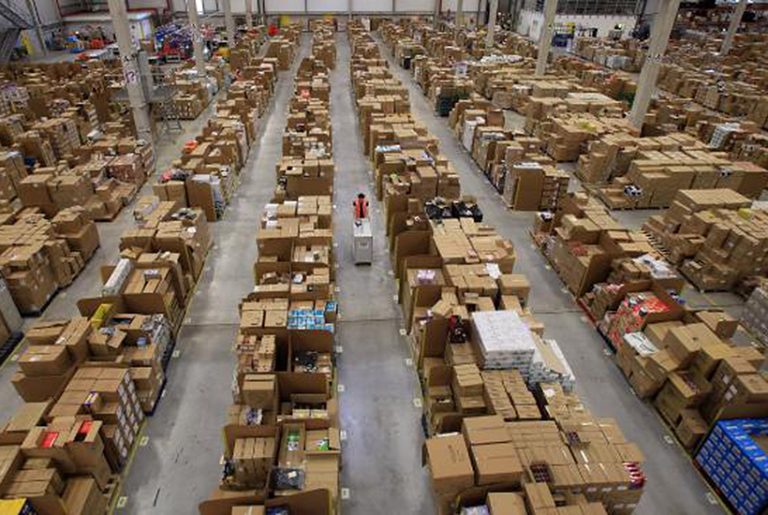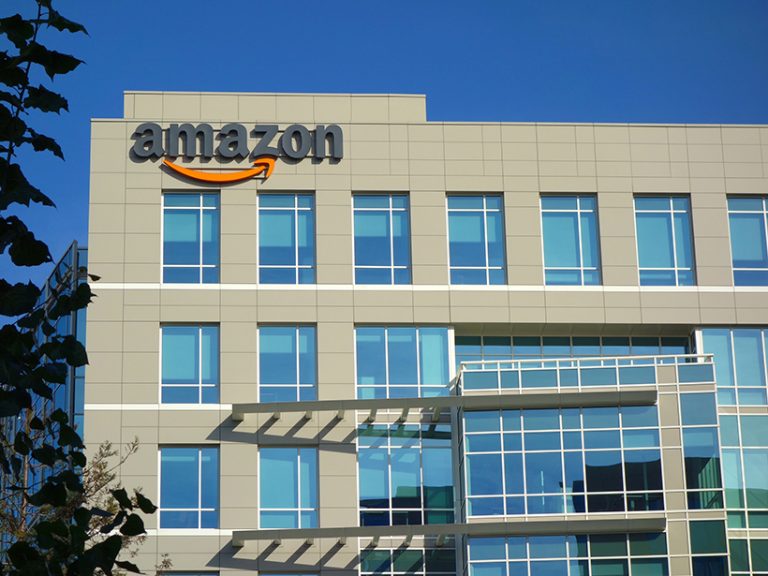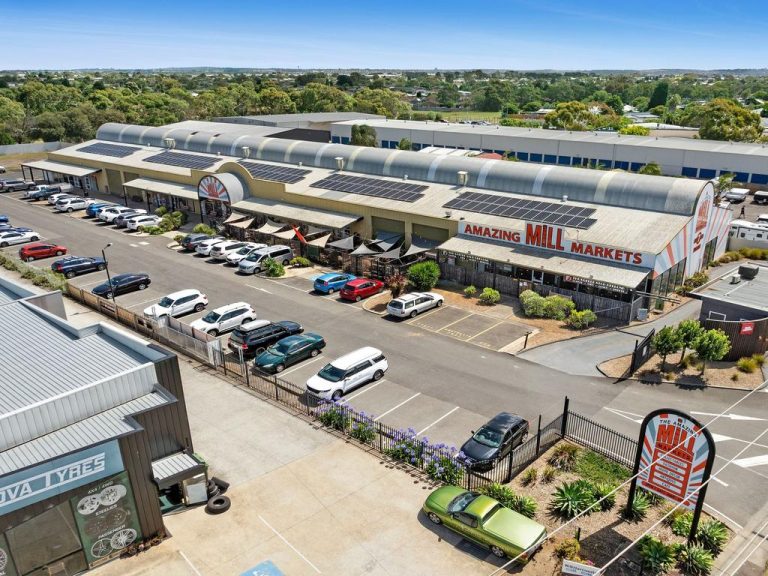Amazon launch could crash Aussie Christmas party

It could be a very “Amazon” Christmas this year with the US retail giant tipped to crash the local retail sector’s holiday plans by launching its Australian site within the next 60 days, in a move that could prove disastrous for domestic retailers as they rely on Christmas for the bulk of their annual profit.
It is the worst of all fears for local retailers and stores, with a full-throttle offer from Amazon likely to ruin their Christmas, and it could in fact sink many businesses which rely on the Christmas and Boxing Day sales to survive.
Amazon, which is speculated to have begun buying up stock, is also likely to maintain a strategy of matching or being the lowest price in the Australian market at all times — which would destroy margins for local retailers and drag them into a price war they would be unlikely to win.
Commercial Insights: Subscribe to receive the latest news and updates
A formal launch of a dedicated Australian Amazon website could occur sometime in October, ahead of Black Friday on November 24, a US sales event that is becoming increasingly popular in Australia, and could even include free delivery to ensnare shoppers.
A report from Citi retail analyst Brian Raymond has alerted its clients that an Amazon launch of a fully functional shopping website could happen within the next 60 days.
“Supplier feedback across many categories suggests a pre-Christmas Amazon launch date is likely,’’ Raymond says.
“Launch timing remains uncertain and subject to website and logistics testing, but we would expect a formal launch to occur sometime in October 2017, ahead of Black Friday on 24 November.”

An employee pushes a cart as he processes a customer order ahead of shipping at one of Amazon.com Inc.’s fulfilment centres in the UK. Picture: Simon Dawson/Bloomberg
Amazon, which recently announced the Melbourne suburb of Dandenong for the location of its maiden 24,000sqm fulfilment centre in Australia, could also offer free shipping to customers to attract traffic to its site. It could also be followed up by the offer of its highly popular Amazon Prime service in Australia, which delivers a portfolio of services such as photo and data storage on the cloud, access to a kindle library, music and move streaming for a heavily discounted annual price.
“We expect Amazon to offer free delivery over a value threshold, with the (Amazon) Prime service to be offered later, potentially coinciding with Prime Day in July 2018.”
Raymond says Amazon has already set terms with suppliers and has begun accumulating stock to prepare for its Australian launch.
“Amazon will be buying directly from leading suppliers, holding inventory and setting retail prices.
Based on our estimates, the incremental second quarter 2018 estimated sales impact could be Around $200 million or roughly 0.2% of total Australian retail sales
“Buying terms have been set and first orders have been placed with suppliers in recent weeks. This increases near term gross margin risks for retailers as price will be Amazon’s key lever. Amazon will not have a meaningful advantage in two of their three key pillars in the short term (range and delivery, which will evolve over time).
“As a result, we expect prices to be competitive in order to drive volume.”
Citi says that contrary to initial press releases and market expectations, Amazon Marketplace is a secondary focus, although several retailers and eBay sellers have been targeted.
Amazon will be highly competitive and undercut competitors.
“Amazon is likely to maintain a strategy of matching or being the lowest price in the market at all times. This could spark a response from incumbent retailers who are intent on not being beaten by Amazon on price during the key pre-Christmas sales event.”
Citi believes Amazon will likely target gifting categories in the short term given logistics constraints.
“Based on our estimates, the incremental second quarter 2018 estimated sales impact could be Around $200 million or roughly 0.2% of total Australian retail sales.
“The short term impact will be limited in the food, liquor, furniture, hardware and auto categories. Areas of the market with greater near term sales and gross margin risks include electronics, department stores, leisure, clothing and footwear, with the earnings impact from price competition is likely to be larger than the impact of market share loss.”
This article originally appeared on www.theaustralian.com.au/property.







